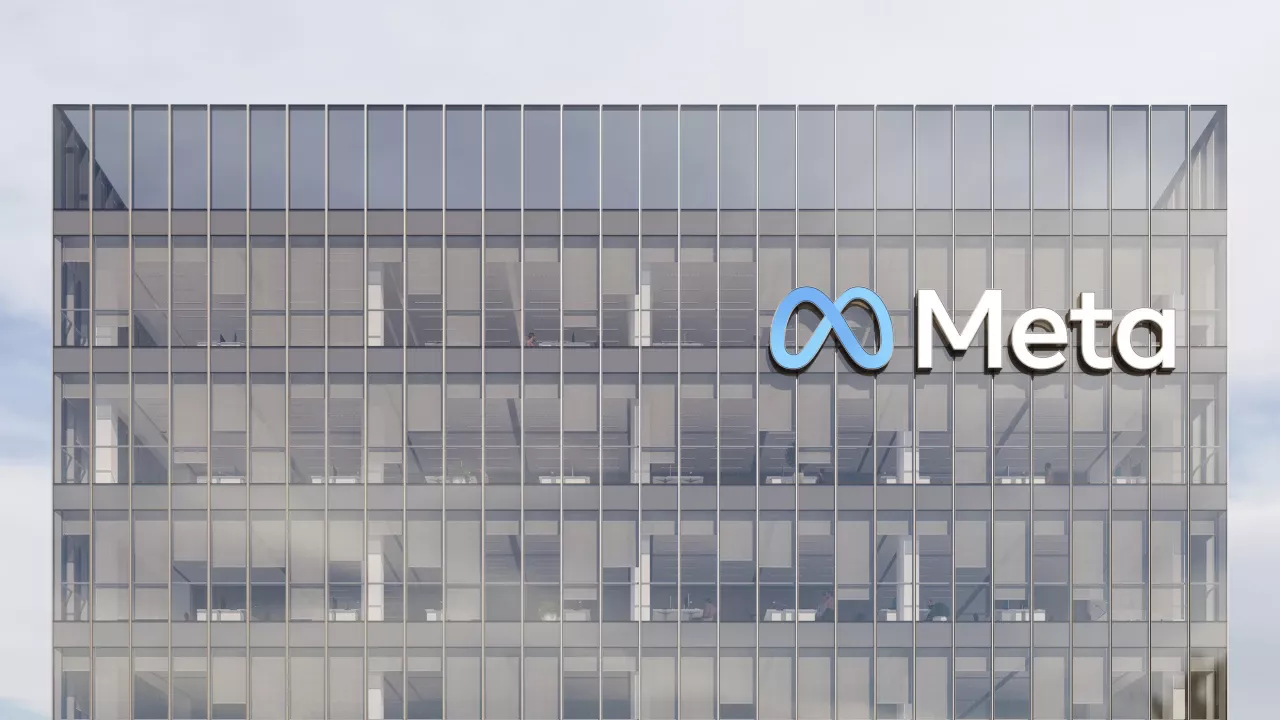When Meta broke the news of layoffs to employees this week—on the heels of major changes to its content moderation and DEI policies—the tech giant used the term “non-regrettable attrition” to describe its approach, putting a fresh spin on layoff euphemisms. In an internal memo, Meta disclosed that the widespread job cuts would impact 5% of Meta’s workforce, or about 3,600 workers, and would be conducted on the basis of performance reviews.
“I’ve decided to raise the bar on performance management and move out low-performers faster,” Meta CEO Mark Zuckerberg said in the memo, per a Bloomberg report. “We typically manage out people who aren’t meeting expectations over the course of a year, but now we’re going to do more extensive performance-based cuts during this cycle.”
Zuckerberg added that Meta would be making new hires this year to replace people who were laid off. In a separate memo addressed to managers, an HR executive said the cuts would ensure Meta had the “strongest talent.” (In response to a request for comment, Meta confirmed the impending layoffs and noted that the roles would be backfilled.)
Unlike previous rounds of layoffs, which were largely positioned as cost-cutting measures, Meta has made clear that these are performance-based changes—something companies are often hesitant to say publicly. Meta isn’t the only tech company that seems to be using performance reviews to dictate layoffs: Business Insider recently reported that Microsoft was planning job cuts by looking at underperforming employees, and last year, there were reports that Amazon had placed more employees on performance improvement plans before a round of major layoffs.
It’s true that performance can play a role in layoffs—even when companies don’t want to admit it—and surveys show that managers do use layoffs as an excuse to fire employees they want to let go. (A famous tactic employed by Jack Welch, the celebrated former CEO of General Electric, was to rank all employees and fire the bottom 10% of performers.)
But performance reviews are flawed and susceptible to bias, which can put certain employees at a disadvantage. The review process may also vary across different managers and departments. Relying so heavily on performance metrics to conduct layoffs can lead companies to dismiss employees who may actually be strong performers or haven’t been performance-managed adequately, say experts.
“It needs to be done properly and in conjunction with other metrics,” says Mollie Mueller, the founder and CEO of career development platform Crew. “[Performance reviews] can have a lot of bias in them. They are circumstantial. It could be that something happened in that person’s life or work environment or team that is outside of their control. It could be that they didn’t get enough support from the company or their manager or their colleagues to be able to thrive.”
As Zuckerberg’s memo indicates, this new approach is also quite a departure from how Meta has managed performance to date. Business Insider reported that the company has asked managers to group employees based on their performance over the past year, noting that anyone who received certain ratings—including “met some expectations”—would automatically be added to the layoff list.
But Meta has said even those who “met most expectations” could be considered for termination, in order to meet the 5% threshold that the company has set for this round of layoffs. In other words, employees who may have been on leave for part of the year or have only received one review to date could be on the chopping block, depending on their performance rating.
Historically, companies have also been careful about tying layoffs to reviews, likely due to legal risk and the optics of characterizing laid-off workers as low performers. It can also exacerbate low morale and increase anxiety over performance reviews for the employees who survive layoffs and stay at the company.
But that may be changing amid a difficult job market. “It’s still early, but I’m really curious to see if this is going to become a much bigger thing in 2025,” Mueller says. “A year or two ago, the reasons for layoffs were really pegged to the economy and COVID and changes in company strategy. I don’t know if it’s that companies have run out of those reasons and have to get more honest—or if the environment has changed, and it’s just more okay to say that.”
As so many companies have gone through multiple rounds of sweeping layoffs, the shock has also worn off. “Over the last few years, layoffs have become so much more normalized,” Mueller adds. “The stigma around them has gone way down just because of the volume that we’ve seen, and I’ve noticed this in speaking to leaders and employees themselves. It’s no longer bad to say I was laid off.”













